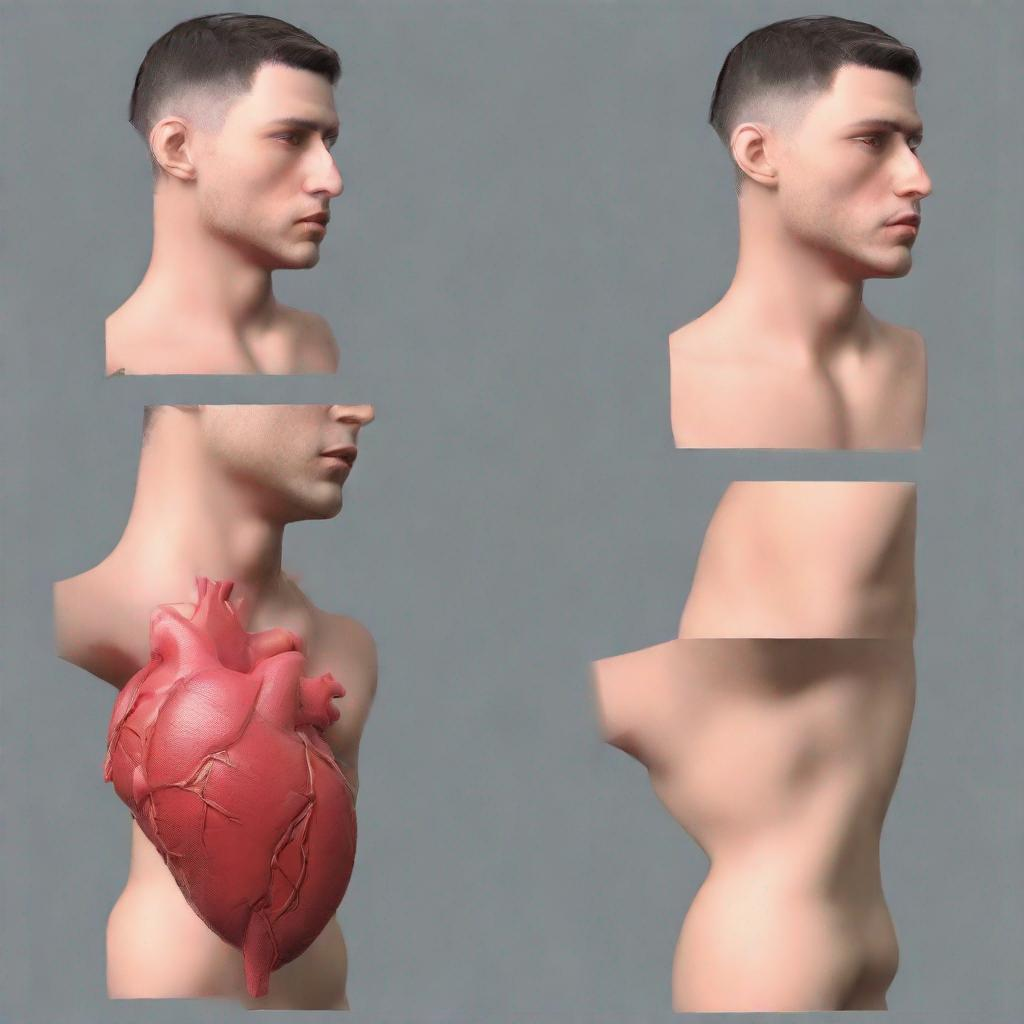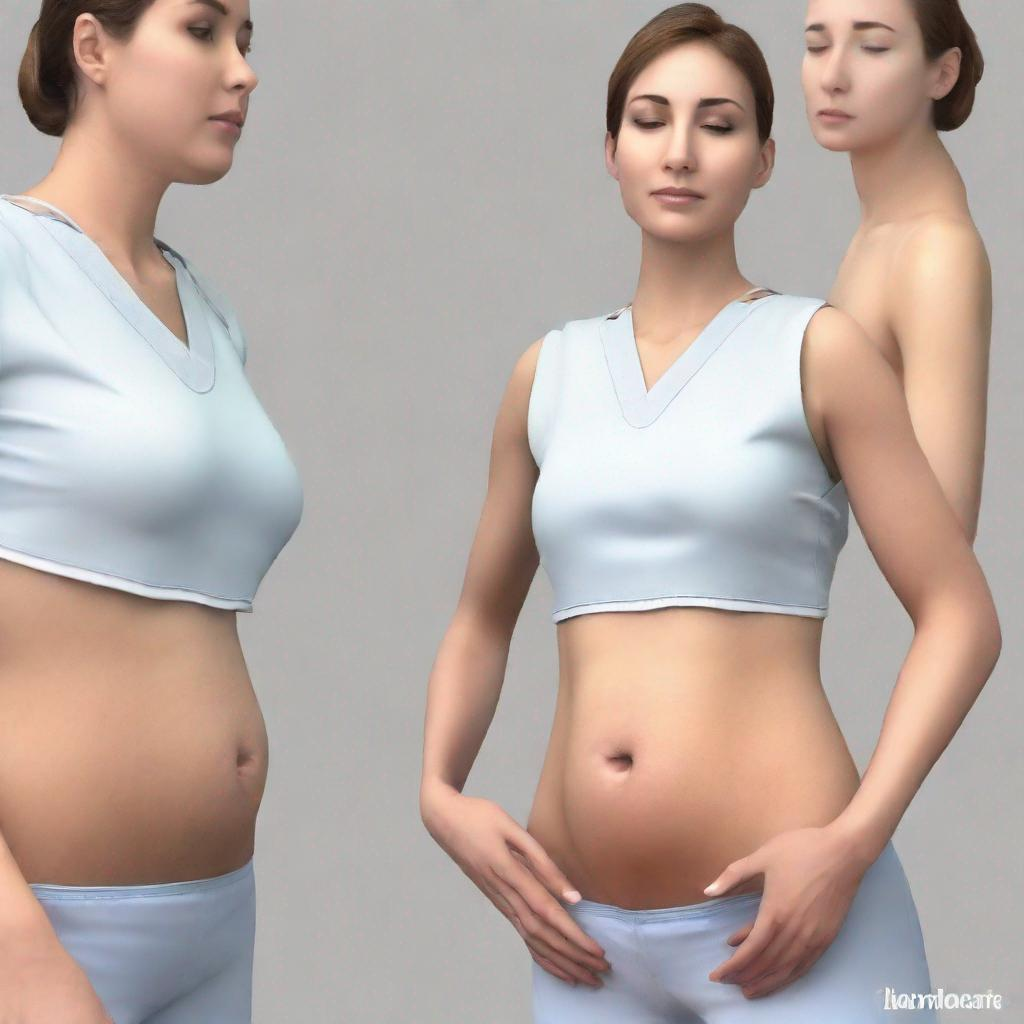## Magnetoencephalography (MEG): A Non-Invasive Brain Imaging Test
**Introduction:**
Magnetoencephalography (MEG) is a non-invasive medical test that measures the magnetic fields produced by electrical activity in the brain. It provides valuable insights into brain function and can aid in the diagnosis of various neurological conditions.
**Procedure:**
MEG is performed in a specialized laboratory. The patient lies in a comfortable, magnetically shielded room. A helmet-shaped device equipped with sensors called superconducting quantum interference devices (SQUIDs) is placed over the head. SQUIDs detect extremely weak magnetic fields generated by brain activity. The patient remains still while the sensors record the magnetic signals.
**Diagnosis:**
MEG can identify abnormalities in brain activity associated with several conditions, including:
* Epilepsy
* Migraine
* Parkinson’s disease
* Schizophrenia
* Stroke
* Traumatic brain injury
MEG can also assist in:
* Mapping brain function
* Studying the effects of drugs
* Investigating sensory and cognitive processes
**Importance:**
MEG offers several advantages:
* **Non-invasive:** It does not involve radiation or injections.
* **High temporal resolution:** It can detect brain activity with millisecond precision.
* **Spatial accuracy:** It can localize the source of brain activity to specific areas.
* **Complementary to other tests:** It can provide additional information that complements other imaging tests like EEG and fMRI.
**Alternatives:**
Other tests that may be used in conjunction with MEG include:
* Electroencephalography (EEG)
* Functional magnetic resonance imaging (fMRI)
* Positron emission tomography (PET)
* Single-photon emission computed tomography (SPECT)
**Preparation:**
Before the test, patients should:
* Remove all metal objects (e.g., jewelry, hairpins)
* Wear comfortable clothing
* Avoid caffeine and alcohol for several hours prior
**Duration:**
The test typically takes 30-60 minutes, and patients usually receive results within a few days.
**Recommendations:**
Following MEG, the doctor may recommend additional tests or therapies based on the results. These may include:
* Anti-seizure medications for epilepsy
* Physical therapy for stroke
* Cognitive therapy for Alzheimer’s disease




